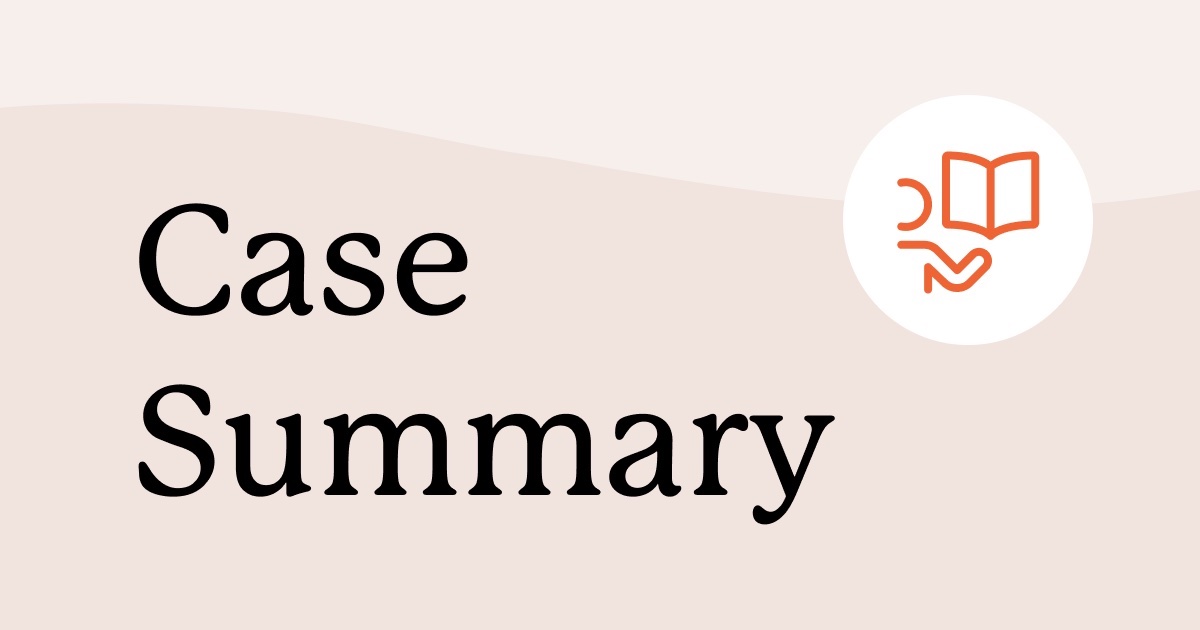 The 2nd District Court of Appeal of California holds that an omitted spouse is not entitled to a share of her husband’s Individual Retirement Account (IRA) because the IRA is a nonprobate asset passing directly to separate trusts. In Reich v. Reich (Cal. Ct. App. B332714, B332980, October 24, 2024).
The 2nd District Court of Appeal of California holds that an omitted spouse is not entitled to a share of her husband’s Individual Retirement Account (IRA) because the IRA is a nonprobate asset passing directly to separate trusts. In Reich v. Reich (Cal. Ct. App. B332714, B332980, October 24, 2024).
Thomas Reich was married to his second wife, Pamela Reich, for seven months before he passed away. During their marriage, he did not update his estate plan. The beneficiaries of his IRA were two trusts: one for his daughter and one for his granddaughter.
Mr. Reich had created a revocable trust for the distribution of his assets, which also established trusts for his daughter, Shannon Reich, and his granddaughter, Leah Tesi.
Following her husband’s death, Mrs. Reich sought an omitted spouse’s share of the estate. She argued that the IRA should be included in the estate because the money flowed through the trust before reaching the separate trusts for her husband’s daughter and granddaughter.
The daughter demurred to the petition, arguing that the IRA proceeds would pass directly to the separate trusts. The trial court overruled the demurrer, opining that the IRA’s proceeds could be included in the estate because they passed to subtrusts of Mr. Reich’s trust for distribution of assets.
After partially settling with the trust beneficiaries and agreeing to take a spousal share in proportion to what was left of the estate, Mrs. Reich petitioned for shares of the daughter and granddaughter’s IRA proceeds.
The probate court dismissed her petitions, reasoning that the IRA proceeds were not part of her late husband’s estate, as they flowed directly to the separate trusts. The court also found that the prior demurrer ruling was not controlling. Mrs. Reich appealed.
Under the Probate Code, an omitted spouse receives a share drawn solely from the decedent’s estate. The spouse obtains a share first from the decedent’s estate not disposed of by will or trust. Then, if that is insufficient, the spouse receives a share from the beneficiaries proportionately.
Because the IRA proceeds are not part of the estate, Mrs. Reich cannot receive a share of them as an omitted spouse. Per the Probate Code, an IRA is a nonprobate transfer and not part of an estate.
While IRA transfers can sometimes pass through a trust, in this instance, the IRA transfers never became part of Mr. Reich’s trust. The owner of the IRA was Mr. Reich himself, not his trust. His designated beneficiaries were separate trusts for his daughter and granddaughter, not his own trust. Even though he used his trust to establish trusts for his daughter and granddaughter, they are separate from Mr. Reich’s trust, not subtrusts of it. Since the daughter and granddaughter’s trusts are separate, the IRA proceeds never pass through Mr. Reich’s trust.
The previous demurrer ruling is not binding because the judge changed.
As the IRA was a nonprobate asset passing directly to separate trusts, Mrs. Reich does not receive a spousal share.


